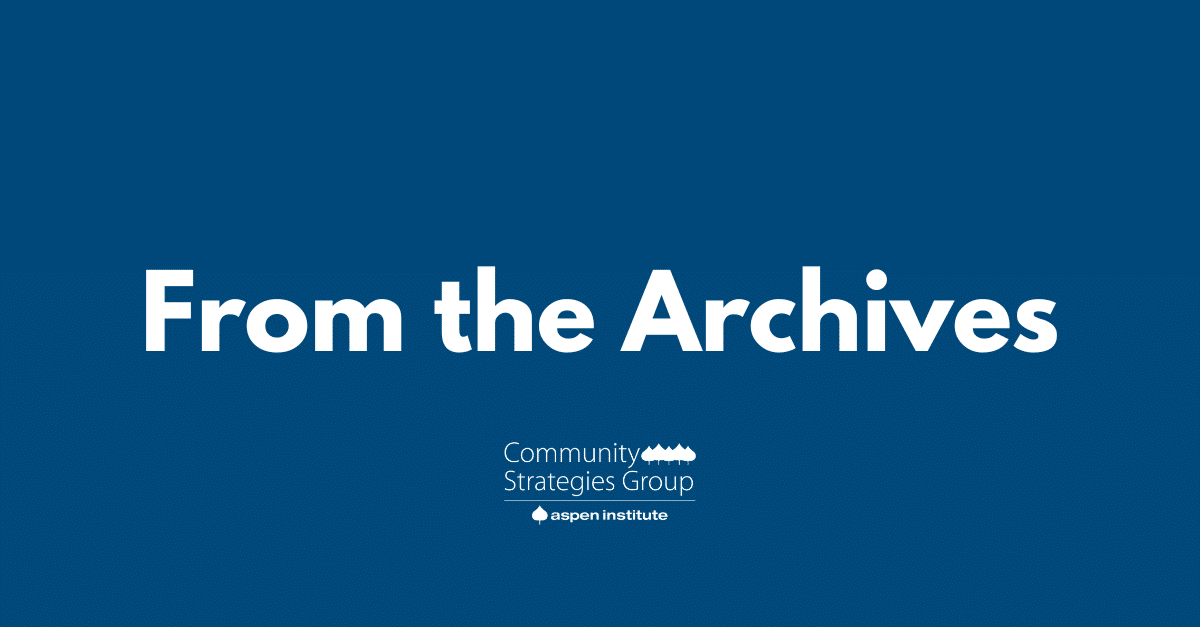View this Publication
This document, titled “FORM WITHOUT SUBSTANCE, PAST OVER PRESENT: THE INSTITUTIONAL FAILURE OF NATIONAL U.S. RURAL POLICY” by William P. Browne, examines how Congress makes policy, particularly focusing on the use of information and sources of information. The central theme is that Congress is a reactive institution whose choices are limited by its rules. The document also explores four specific areas:
- A Modern Congress in a Postreform Era: It questions how Congress operates in the 1990s and how it has changed in its policy responsiveness.
- The Role Played by Congressional Participants in Policy Networks: It contributes to the “iron triangle” literature by analyzing the involvement of non-specialized players in policy networks and suggesting changes in how these networks operate.
- The Politics of Places: The analysis suggests that members of Congress primarily respond to their districts and local informants, and these “place” factors largely explain shifts in congressional behavior, undermining the exclusivity of congressional network participation.
- The Failure of Rural Policy, as Trapped in an Agricultural Policy Domain: This is the core context for the analysis of congressional involvement. It argues that meaningful rural policies have failed to develop because certain farm issues historically dominate the policy agenda, leaving little policy base for rural network activity. This “crowding out” explains the continued neglect of rural issues.
The author notes that this book is a sequel to an earlier study on interest groups as information suppliers, and it seeks to answer why organized interests were so selective about the information they provided to policymakers. The book is intended for political scientists, the analytical agricultural-policy community, and the rural-policy-advocacy network, aiming to fill theoretical and empirical gaps and provide insights into why rural policy initiatives face limited success.The document then delves into the historical development of U.S. farm and rural policy, arguing that the national government has largely failed to address the causes of rural poverty. This failure is attributed to the inability of U.S. governing institutions to deal effectively with rural needs, largely due to institutional arrangements in agriculture that evolved over 130 years and prioritize past performance over contemporary conditions. The agrarian myth, emphasizing the importance of yeoman farmers, played a significant role in shaping early farm policy, which initially provided collective benefits but later shifted to selective benefits that exacerbated inequality.The document highlights how the agricultural establishment, through its emphasis on modernization and development, contributed to rural inequality. Attempts to create a distinct rural policy have largely been unsuccessful, with rural problems being subsumed under the agricultural domain. Despite recognition of rural poverty and efforts to address it (e.g., the Country Life Commission, Resettlement Administration), a “farmers first” philosophy prevailed, leading to piecemeal and often indirect attention to rural needs.The emergence of a concentrated yet fragmented farm policy network (an “iron triangle” of lobbyists, legislators, and bureaucrats) further entrenched the agricultural agenda, making it difficult for new rural issues to gain traction. This network, while powerful in securing benefits for agricultural clients, resisted central control and broader coalition-building. The document concludes that the legacy of this network politics, coupled with internal conflicts within the agricultural establishment and turf protection in Congress, continues to hinder meaningful policy reform for the rural disadvantaged. The structural organization of government, with its decentralized rulemaking and the pervasive influence of the farm-directed agricultural establishment, prevents a systematic re-examination of rural needs.








